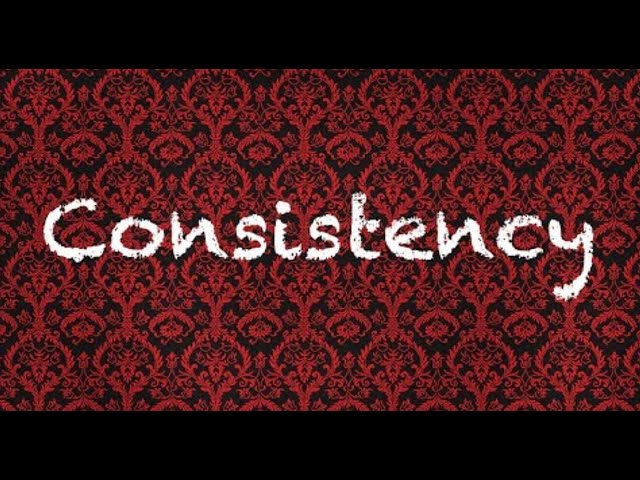Do Not Go To College | Part 1

Why Going to College Might Not Be the Best Option
Key Takeaways
- 💰 College education is increasingly becoming financially burdensome, leading to significant student loan debt that can last for decades.
- 🎓 Despite the high cost of college, the income disparity between high school graduates and college graduates isn’t as significant as it once was, challenging the notion that a college degree guarantees financial success.
- 🏦 The rise in college tuition fees is attributed to increased government grants and loans, which have inflated the cost of higher education.
- 💳 Student loans are bundled into bonds, offering investors higher interest rates than treasury bonds, and are considered safer investments due to their non-dischargeable nature in bankruptcy.
- 📈 The proliferation of student loans has led to excessive spending by universities on non-essential projects and administrative costs, further exacerbating the financial burden on students.
- 🏡 Student loan debt postpones major life milestones such as homeownership and starting a family, particularly impacting women’s reproductive choices and financial stability.
- 💼 Graduates entering the workforce with substantial student loan debt often find themselves earning less than their non-college-educated counterparts, as years spent in college delay gaining valuable work experience.
- 🛠️ The historical push for higher college attendance rates has led to the misconception that a college degree is essential for success, despite evidence showing diminishing returns on investment for many graduates.
- 💼 Wall Street benefits from student loans as they provide guaranteed returns and higher interest rates compared to treasury bonds.
- 📉 Students and parents often overlook the long-term financial consequences of student loan debt due to societal pressure and misinformation.
- 💰 Starting a business or pursuing alternative paths can lead to financial success without the burden of student loan debt.
- 🎓 While certain professions like STEM fields and medicine require college degrees for accreditation and specialized training, many others do not.
- 🏫 College education can be wasteful if pursued without clear career goals or a specific path in mind, leading to financial strain and regret.
- 🚫 Soft options and non-essential courses in college can contribute to inflated costs and leave graduates with little practical skills or knowledge.
- 🎓 Buying the right credential from a reputable university may be necessary for certain career paths, particularly in competitive industries like finance.
- 🤔 Understanding the reality of modern education and its financial implications is crucial to making informed decisions about pursuing higher education.
The Costly Consequences of Higher Education
When we think of indentured servitude, we often conjure up images of the past, of people bound by debt and forced into servitude. However, did you know that the modern education system can often trap individuals in a similar cycle of debt? It’s true. Going to college today can turn you into an indentured servant, burdened with student loans that can take decades to pay off.
The Statistics Speak for Themselves
Let’s take a look at some statistics that highlight why going to university might not be the most cost-effective choice in today’s society. In October 2016, 69.7% of high school graduates enrolled in a university. While this may seem like a high percentage, it’s important to consider the financial implications. The average student debt for those enrolling today is $30,100. However, once students leave university and start repaying their loans, that average debt increases to $37,500.
Furthermore, it takes an average of 21 years to pay off student debt. That means for over two decades, a significant portion of your salary will go towards repaying your loan, leaving little room for saving or investing in other areas of your life.
The Financial Disparity Between College Graduates and High School Graduates
You might argue that the financial benefits of a college degree outweigh the burden of student debt. While it’s true that college graduates, on average, earn more than high school graduates, the difference in income isn’t as significant as you might think. According to the Pew Research Center, high school graduates earn an average of $28,000 a year, while college graduates earn $45,500. However, once taxes are taken into account, the difference narrows to just $11,800.
Additionally, it’s essential to consider the timing of this income disparity. College graduates in their 40s and 50s tend to earn more than high school graduates of the same age. However, for recent graduates, the situation is quite different. A recent college graduate is likely to earn less than their high school counterpart due to their limited work experience. This means that the financial benefits of a college degree may not be immediately apparent.
The Consequences of Student Debt
One of the most significant consequences of student debt is its impact on major life decisions. With a significant portion of your income going towards loan repayments, it becomes challenging to save for a down payment on a home or start a family. Many individuals find themselves postponing these milestones for years, if not decades, due to the financial burdens imposed by student loans.
Additionally, women, in particular, face unique challenges when it comes to student debt. The delayed timeline for starting a family can lead to increased health risks and additional expenses associated with fertility treatments. Furthermore, the burden of student loans often forces women to continue working instead of taking time off to care for their children.
The Role of Universities and Wall Street
It’s essential to understand the factors that contribute to the increasingly burdensome nature of student loans. Universities, eager to attract students and secure funding, have contributed to rising tuition costs. They have expanded their administrative staff and invested in unnecessary infrastructure, all at the expense of the students. Wall Street also plays a significant role in perpetuating the student loan crisis. Student loans, considered safer investments than treasury bonds due to their non-dischargeable nature, provide a lucrative opportunity for banks and investors.
Choosing the Right Path
While there are certain professions that require a college degree, such as STEM fields and medicine, it’s crucial to consider your individual goals and aspirations before committing to higher education. If you’re unsure about your career path or simply going to college to figure things out, it may be wiser to explore alternative options. Spending thousands of dollars on a college education without a clear plan can lead to unnecessary debt and delayed personal growth.
Ultimately, the decision to go to college should be a well-informed one. Consider the potential financial consequences and weigh them against your long-term goals. Remember, a college degree is not a guarantee of success, and there are many other paths to a fulfilling and prosperous life.






